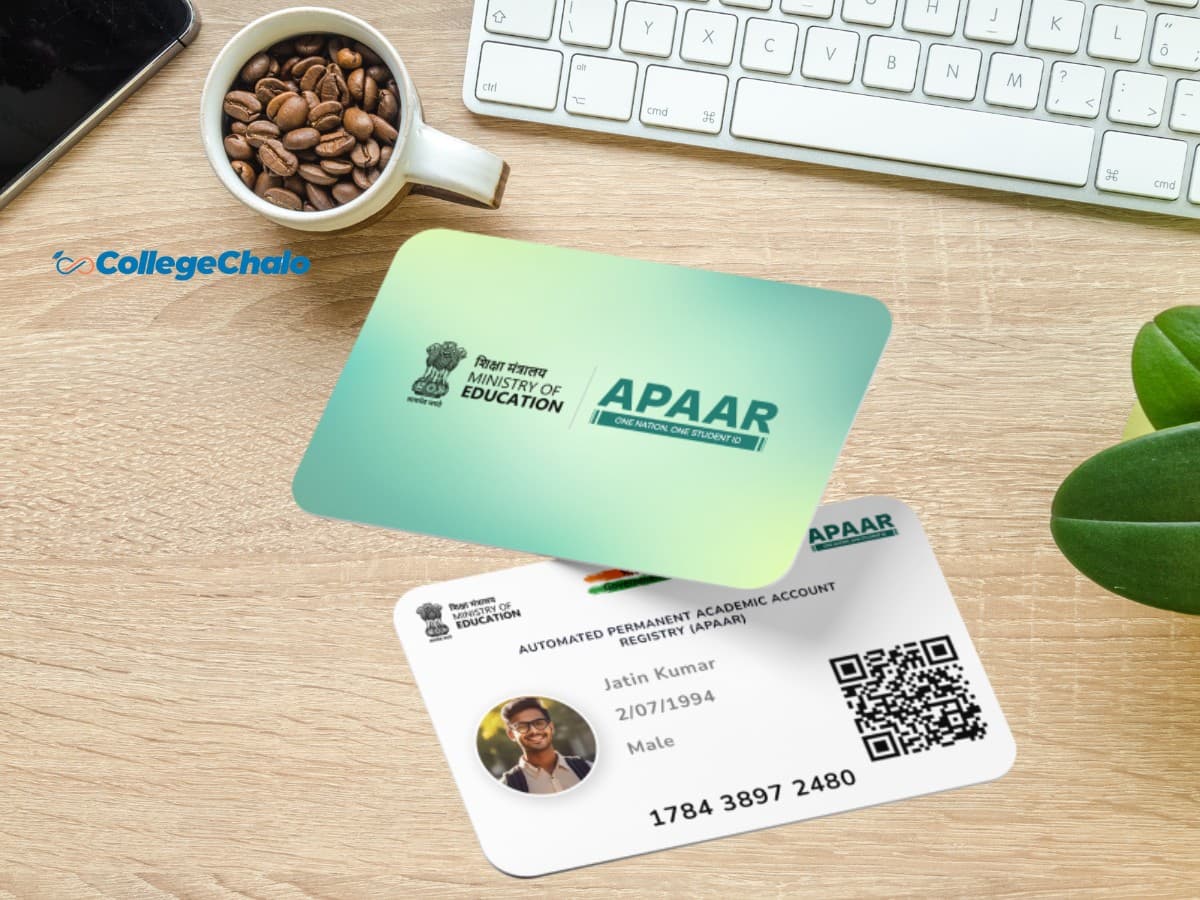Assam Implements APAAR ID: A Major Step Toward 'One Nation, One Student ID' under NEP 2020

This is a step toward the total revolution of the Assam education system. The state has started issuing an APAAR ID to each student enrolled in school as a 12-digit unique digital identity in an Automated Permanent Academic Account Registry. It is part of the New Education Policy 2020, under which academic records are streamlined and student tracking made easier, an effort that also makes way for the reduction of dropout rates in the whole state.


The APAAR ID will be a permanent digital identity that is linked with the Academic Bank of Credits, ABC, and DigiLocker, thus allowing students to digitally store and download their academic records such as mark sheets and certificates. Assam education minister Ranoj Pegu announced the APAAR ID on X, formerly Twitter. He appealed to the parents to actively engage in the process wherein one’s attendance at PTMs will then form the basis of obtaining their consent for his/her APAAR ID. He further maintained that the ID would be generated only for those students who have a valid Aadhar ID and a Permanent Education Number PEN.
The X post said, “Assam is implementing the APAAR ID, a 12-digit lifelong digital identity for school-enrolled students. The New Education Policy of 2020 will streamline the academic records of a student, track student progress, and help the students take proper steps in their educational journey. Parents join the Parent-Teacher Meetings and give consent for the APAAR ID of your child! ”
APAAR ID Generation: Information to fill in
The following student information is needed to form an APAAR ID- UDISE+ PEN, student name, date of birth, gender, mobile number, mother’s name, father’s name, name as on Aadhaar, and Aadhaar. Once the APAAR ID is generated, it automatically gets added to the DigiLocker account of the student, which would be accessible under “Issued Documents” through a virtual APAAR ID card. The APAAR module of the UDISE+ portal lets students trace their generation status on a list that includes students and statuses of APAAR ID. An APAAR ID Written parental consent required

The official communication was issued by Om Prakash, IAS, Mission Director, Samagra Shiksha, Assam, addressed to district-level education officers and Additional District Commissioners (Education) and District Mission Coordinators, Inspectors of Schools, District Elementary Education Officers as a follow-up to initiate the process at the school level.
Schools will use the UDISE+ portal after obtaining written consent from parents which has to be given at the PTMs to generate APAAR IDs. Physically, parents or guardians should be present to sign and submit the written application at PTMs. The parents or guardians should come and get a physical signature on the consent letter through which the ID will be generated. Part of the “One Nation, One Student ID” initiative.
In this regard, the district education officials have been advised to prepare a schedule for the organization of PTMs and conduct headteachers and nodal teachers in the process of generation of APAAR IDs. The new initiative is likely to usher in a sea change in the educational pattern of Assam while increasing transparency and accountability. Official statements reflect that the initiative falls under the overarching “One Nation, One Student ID” scheme part of which is aligned with NEP 2020’s vision of digitalizing academic records and ensuring a united system of monitoring student progress in all of India.

Conclusion
With this facility of APAAR ID, Assam has indeed broken a very important milestone toward transforming the state’s education system. As a priority component of the NEP 2020 and the ‘One Nation, One Student ID’ initiative, the programme ensures that every student in the country will have his/her specific digital identity, making academic progress follow a trackable record while being as far as possible from the inevitable drop-off.
With integration into the Academic Bank of Credits and DigiLocker, APAAR ID gives the education sector an edge towards a digital-first approach, through transparency, accessibility, and accountability. Parents are then encouraged to become part of the process during PTMs and give consent for ID on the child. This can look like a milestone in the shift of student tracking and academic record handling in Assam.
Vani Jha is a creative content writer with over 2 years of experience in producing engaging, informative, and well-researched content across various domains. Her expertise lies in SEO, research, editing, and content and copywriting. With a proven track record in enhancing online presence and audience engagement, Vani excels in crafting compelling articles, blogs, and other written materials.










